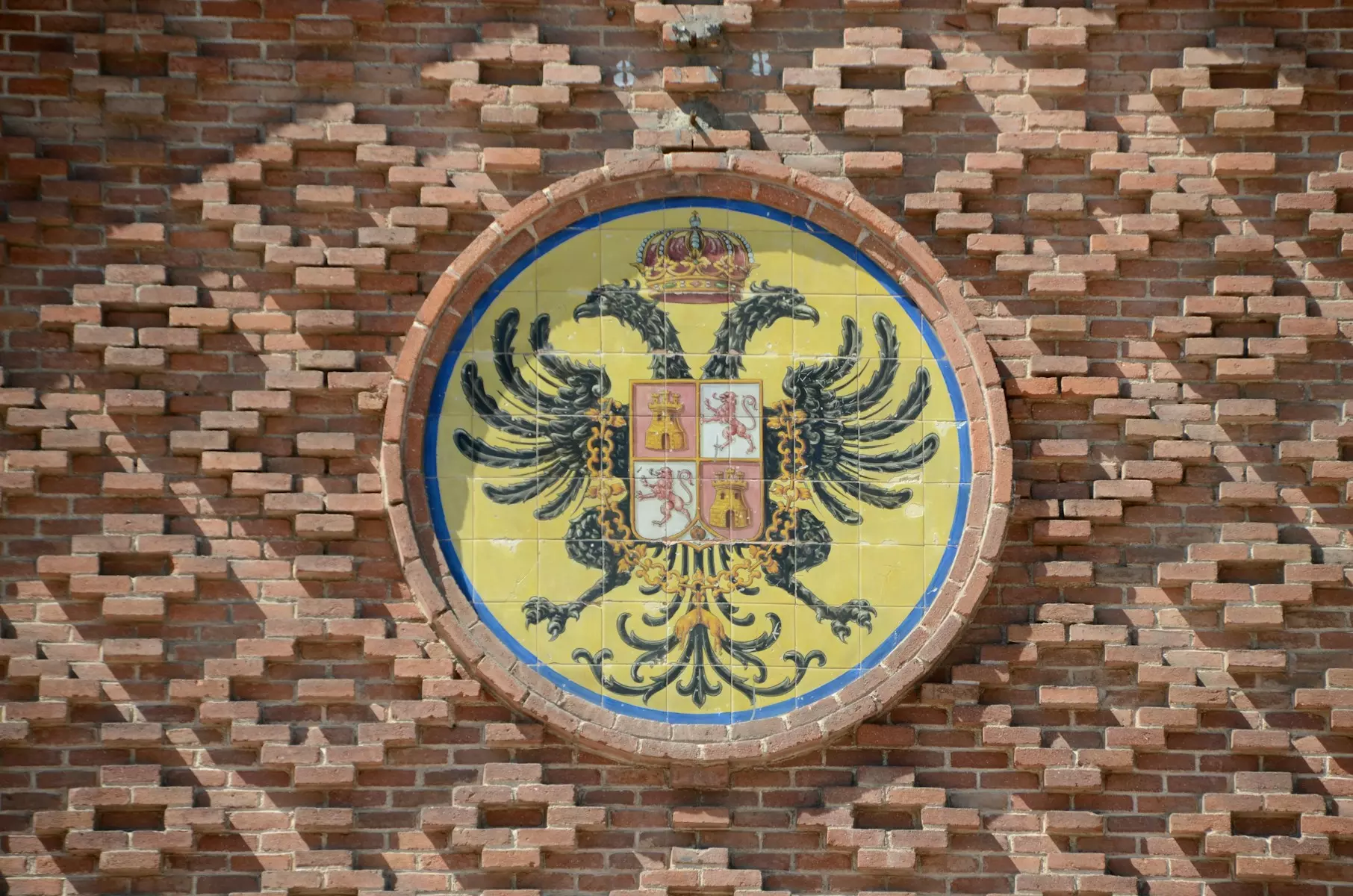In recent developments within Lithuania’s fiscal landscape, the government has announced a significant overhaul of its real estate taxation framework. The new tax policy, while aiming to modernize property levies and align with European standards, is projected by the Central Bank to generate less revenue than the previous system. This shift not only reflects evolving fiscal priorities but also carries profound implications for the Lithuanian real estate market and broader economic stability. As European real estate professionals, investors, and policymakers scrutinize these changes, understanding their nuanced impacts becomes essential for strategic decision-making.
Get 50% OFF!
Subscribe to our newsletter and enjoy a 50% discount on all listing packages, no strings attached!

Understanding Lithuania’s Evolving Real Estate Tax Landscape
Historically, Lithuania’s real estate tax regime has been characterized by relatively modest levies, designed to balance revenue generation with fostering property development. The previous system primarily relied on a flat-rate property tax, which, while straightforward, faced criticism for its limited capacity to reflect property values accurately and to generate sustainable revenue streams.
The recent reform introduces a more sophisticated approach, aiming to enhance tax fairness and administrative efficiency. However, the Central Bank’s analysis indicates that the new tax will bring in less revenue than the old levy—a development that warrants a closer examination of the underlying factors and potential consequences.
Key Insights from the Central Bank’s Analysis
The Central Bank’s report underscores several critical insights:
- Reduced Revenue Expectations: The new tax is projected to yield approximately 20-30% less revenue compared to the previous system. This decline stems from adjustments in tax rates, exemptions, and valuation methodologies.
- Impact on Local Governments: Lower revenue may constrain municipal budgets, affecting public services and infrastructure investments vital for sustaining property values and attracting foreign investment.
- Market Response and Property Values: Anticipated changes in tax liabilities could influence property prices, especially in segments where tax burdens are significantly altered.
- Alignment with European Standards: The reform aligns Lithuania’s tax policies with broader European practices, emphasizing transparency and fairness, albeit with short-term revenue trade-offs.
These insights highlight a delicate balancing act between fiscal prudence and market vitality—a theme resonant across many European jurisdictions grappling with similar reforms.
Implications for the Lithuanian and European Real Estate Markets
The projected revenue shortfall presents both challenges and opportunities. For investors, understanding these dynamics is crucial for optimizing portfolio strategies and risk assessments.
Potential Market Adjustments
Property owners and developers may respond to the new tax regime by reevaluating property holdings, especially in high-tax segments. This could lead to increased transaction activity as market participants seek to optimize tax liabilities, potentially stimulating short-term market liquidity.
Conversely, lower tax revenues might limit local government spending, impacting infrastructure projects and urban development initiatives. Such constraints could influence property demand and valuation trends over the medium to long term.
Strategic Considerations for Investors
- Diversification: Investors should consider diversifying across regions and property types to mitigate localized fiscal risks.
- Value-Added Strategies: Emphasizing properties with strong income-generating potential or those benefiting from upcoming infrastructure projects can offset potential tax-related declines.
- Policy Monitoring: Staying abreast of policy adjustments and municipal responses will be vital for proactive portfolio management.
Lessons from Broader European Contexts
Many European countries have undergone similar reforms, balancing the need for fiscal sustainability with market competitiveness. For instance, countries like France and Germany have refined their property tax systems to improve fairness and revenue stability, often facing initial revenue dips before stabilizing through economic growth and increased property transactions.
These experiences suggest that while short-term revenue may decline, strategic policy implementation and market adaptation can foster long-term resilience. Lithuania’s approach, emphasizing transparency and modernization, aligns with this broader European trend.
Future Outlook and Strategic Recommendations
Looking ahead, Lithuania’s real estate sector must navigate these fiscal shifts with agility. Policymakers should consider complementary measures such as targeted incentives for sustainable development or infrastructure investments to stimulate demand and offset revenue shortfalls.
For investors and developers, the key lies in leveraging market insights, engaging with local authorities, and adopting flexible investment strategies that accommodate evolving fiscal policies.
To explore current property listings and investment opportunities in Lithuania, visit our comprehensive property portal.
Conclusion: Embracing Change in Lithuania’s Real Estate Market
The introduction of Lithuania’s new real estate tax, despite its projected revenue implications, signals a strategic move towards a more equitable and transparent fiscal environment. While short-term revenue may dip, the long-term benefits of aligning with European standards—such as increased investor confidence and market stability—are substantial.
As the Lithuanian real estate landscape evolves, staying informed and adaptable will be crucial for stakeholders aiming to capitalize on emerging opportunities. For a deeper understanding of European property market trends and policy impacts, consult resources like European Commission.
Engage with our team of experts to explore tailored investment strategies or to learn more about Lithuania’s dynamic property market. The future of Lithuanian real estate is promising—are you ready to be part of it?





Join The Discussion